
The Philippine Council for Agriculture and Fisheries (PCAF) conducted a public consultation on the draft Department of Agriculture (DA) Circulars related to the pre-border inspection of agricultural imports on March 18, 2024.
This is following the directive of DA Secretary Francisco Tiu Laurel, Jr. to embark on collaborative efforts in reviewing the three DA Circulars, developed by the Bureau of Plant Industry (BPI) with the assistance of the DA-Legal Service. These are the: 1) Accreditation of DA Pre-Border Technical Verification Third Party Surveying Companies; 2) Additional Requirements for the Importation of Milled Rice for Commercial Purposes; and 3) Additional Requirements for the Importation of Plant, Planting Materials, and Plant Products.
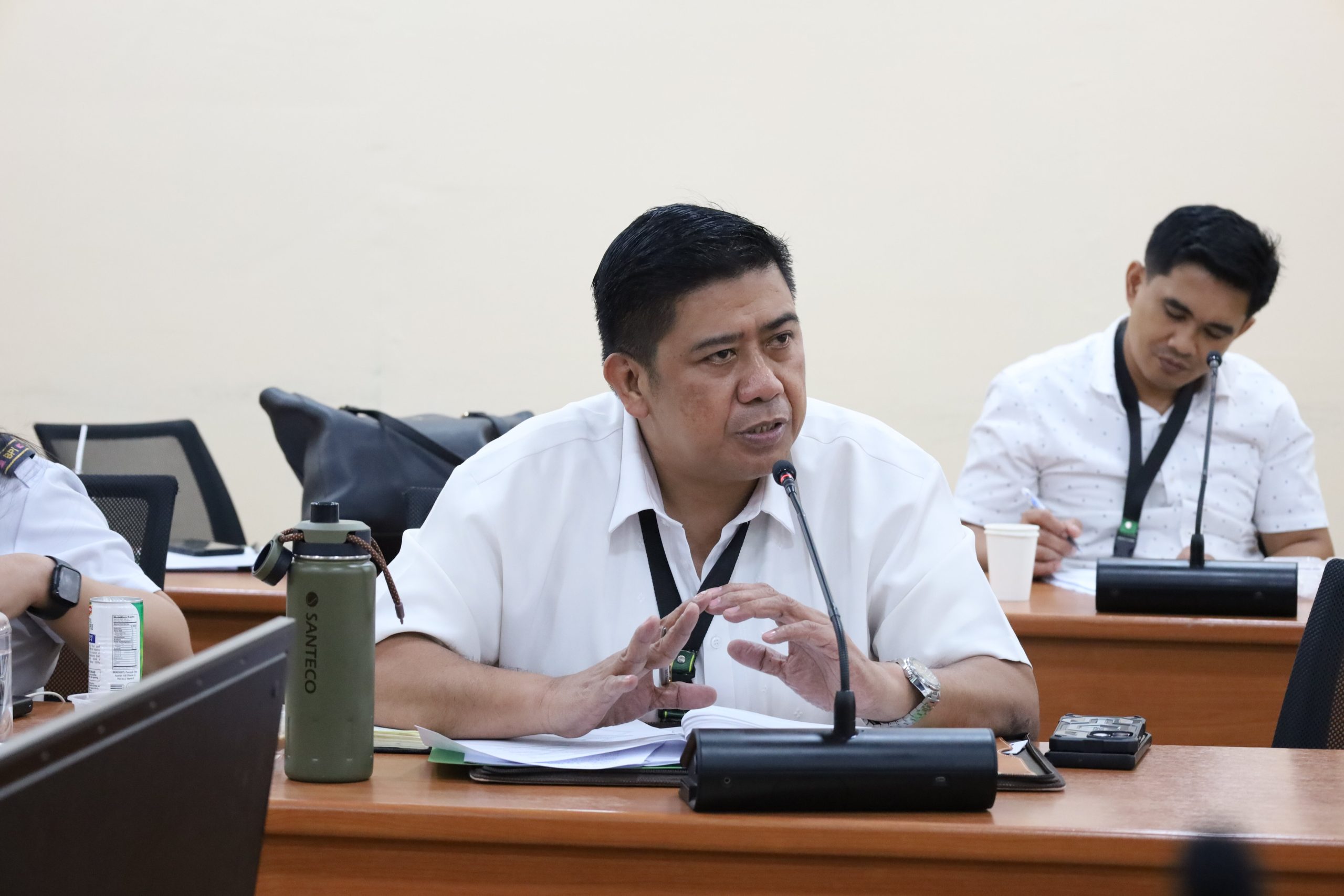
The circulars aimed to curb the smuggling of agricultural goods and prevent the entry of agricultural pests and diseases by rationalizing the requirements for pre-border technical verification, prior to the clearance of imported items at the entry port.
The added requirements will cover all agricultural commodities, regardless of form (processed or raw), and are applicable to all countries exporting to the Philippines.
During the consultation, the stakeholders raised their mutual concern on the added cost and time of the importation process.
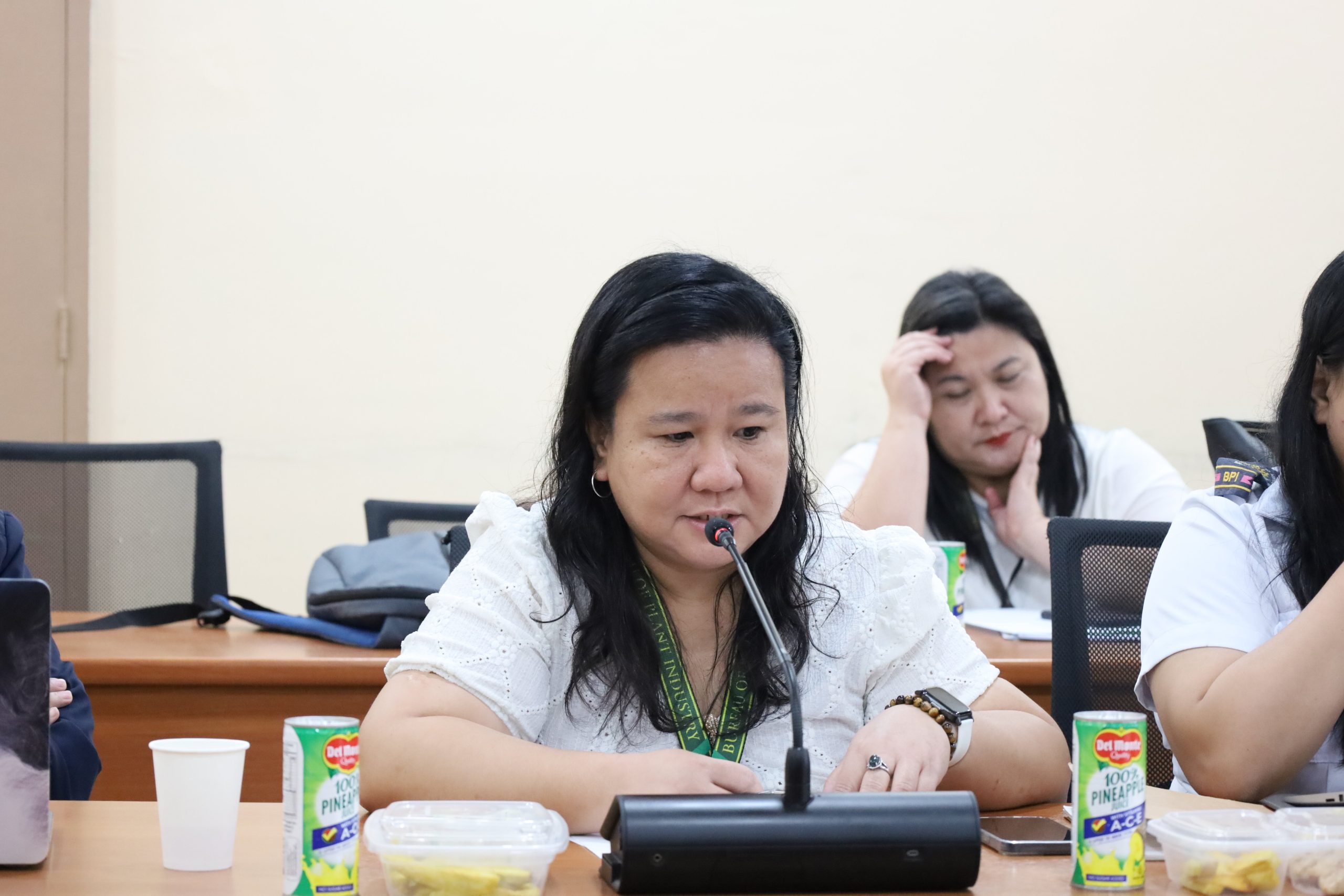
BPI-National Plant Quarantine Services Division (BPI-NPQSD) OIC Chief Shereene Samala clarified that the pre-border technical verification will be conducted by the Accredited Cargo Surveying Company (ACSC) at the country of origin, prior to the loading of agricultural products for export to the Philippines. Upon arrival at the local destination port, the only procedure to be accomplished is the checking of clearance/requirements issued by the ACSC. Given this, the BPI has no initial anticipation of delay on transport/unloading that may cause potential damage to agricultural goods.
Nevertheless, Samala acknowledged the stakeholders’ concern and assured that local guidelines on importation will be harmonized and revised to incorporate these new requirements in the timeline.
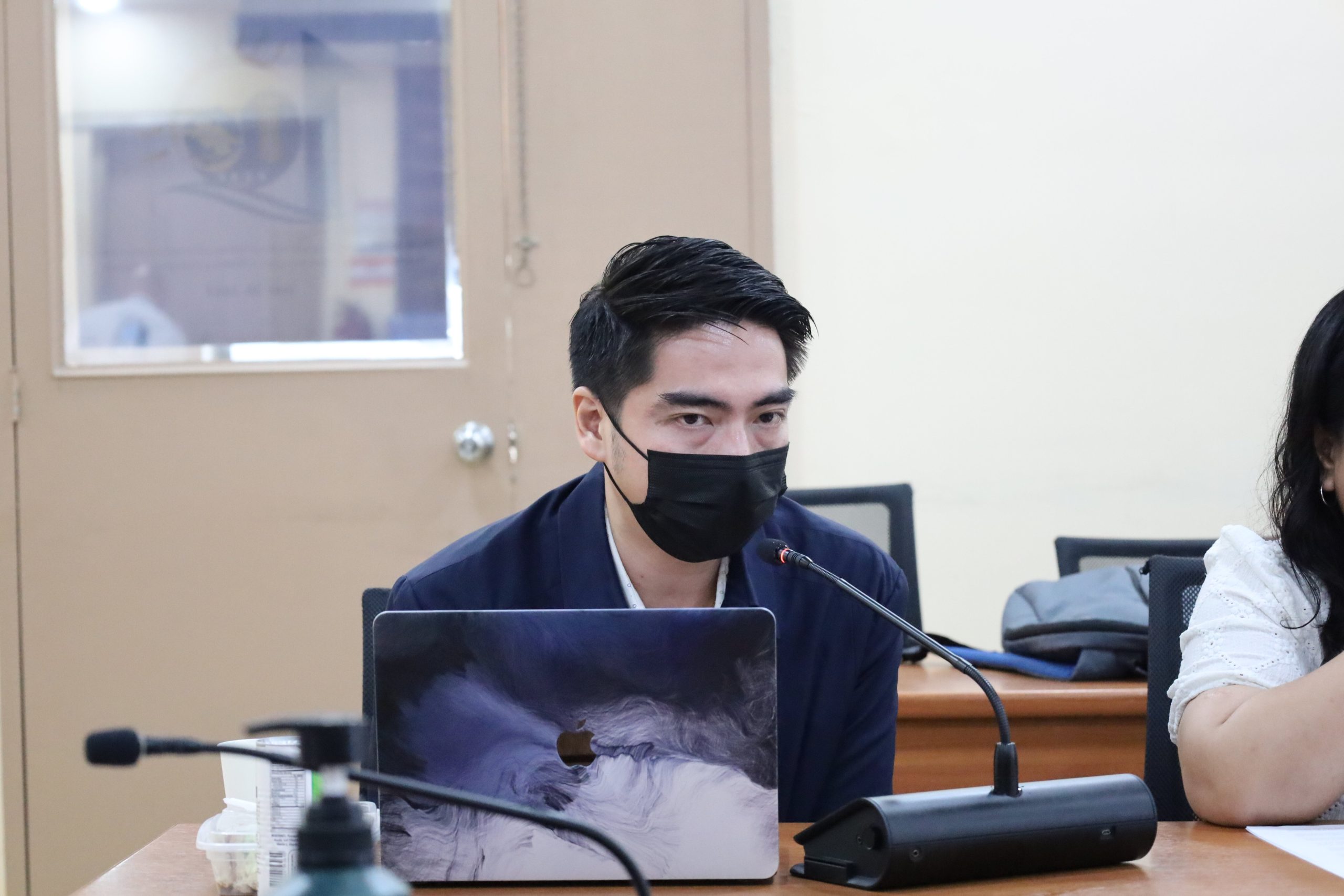
BPI-NPQSD OIC Assistant Chief Henrick Exconde also assured the stakeholders that they will verify the availability of ACSC in all countries prior to the implementation of the Department Circulars. In case of ACSC unavailability, a provision will be included in the circulars to address the circumstance.
In line with this, Exconde shared that copies of the circulars were already disseminated to all their licensed importers, who were also invited to the public consultation. He further assured that all exporting countries would be properly notified through the World Trade Organization’s advisory mechanism, upon finalization of the guidelines.
While the circulars are still under development, including revisions and public consultations, their implementation timelines remain undetermined.
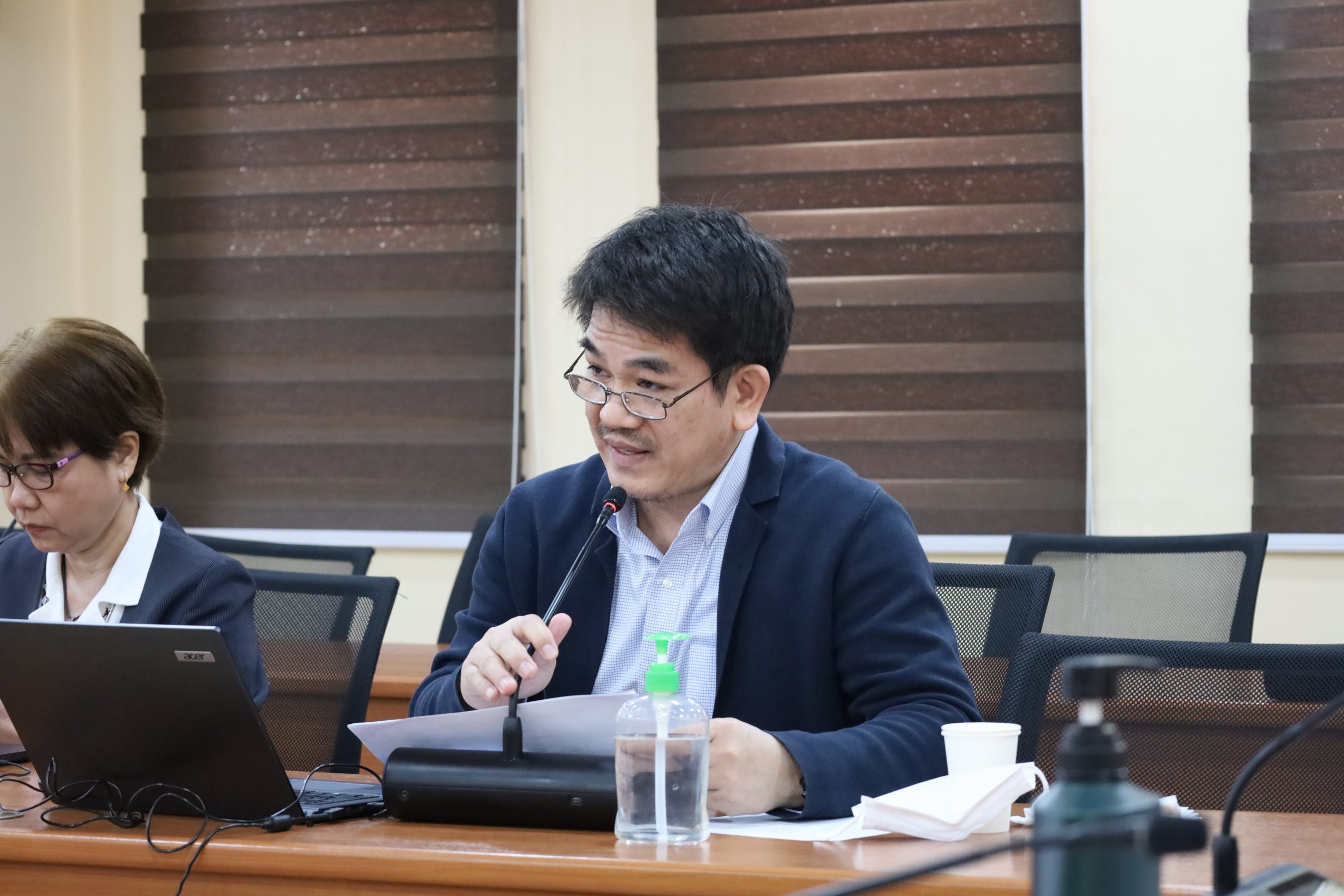
Meanwhile, PCAF OIC-Deputy Executive Director Cyril Soliaban expressed his gratitude to the private sector and government representatives for their insights and contributions.
“By working together, we can ensure that these draft circulars not only uphold the highest standards of trade in agriculture and fisheries, biosecurity and food safety, but also foster a free and thriving market, and an agricultural policy environment that benefits all stakeholders,” said Soliaban.
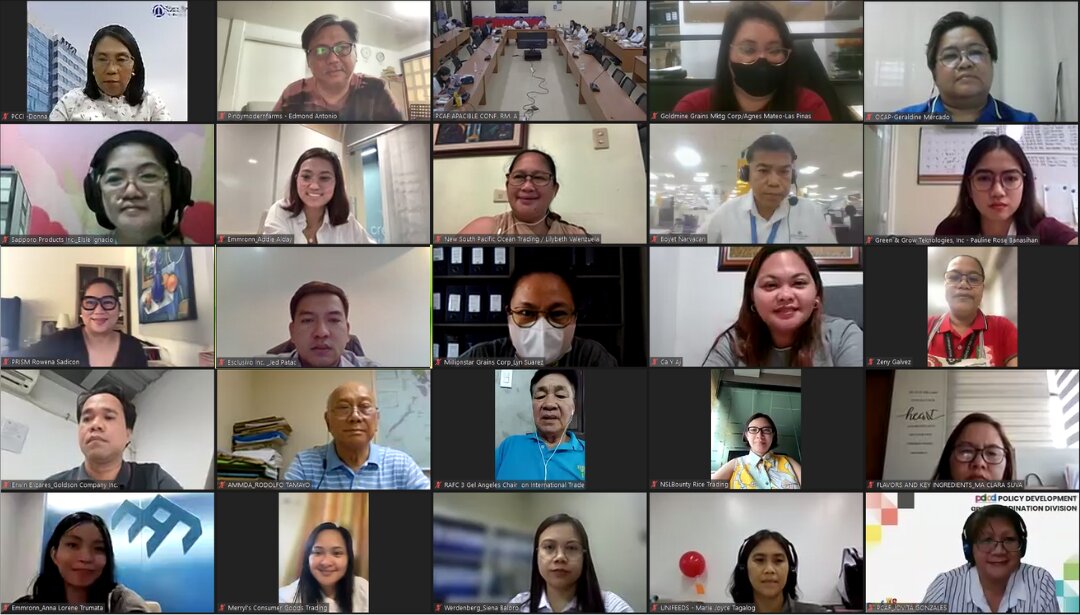
More than 135 importers, industry stakeholders, and national government agency representatives virtually attended the public consultation to discuss the supplementary prerequisites outlined in the circulars. | JCL











